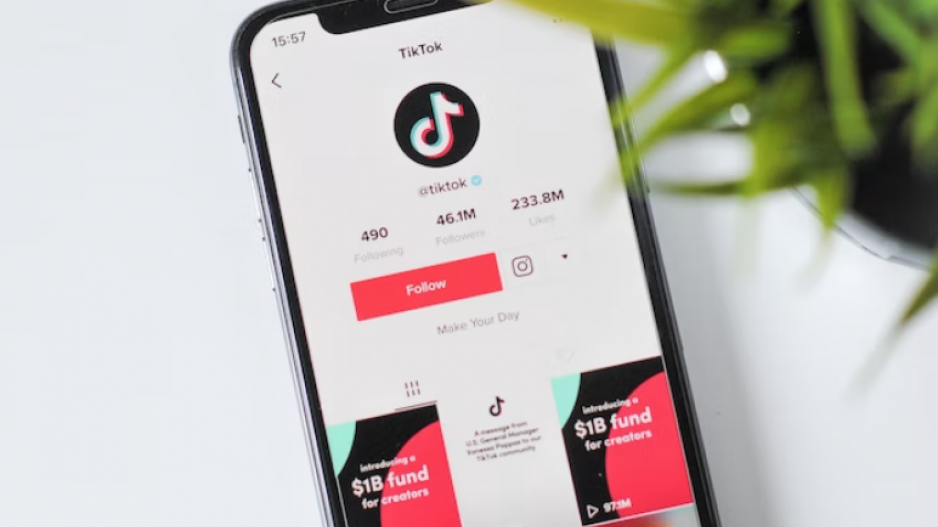Two weeks after federal and B.C. officials announced restrictions against TikTok on government devices over fears of Chinese government surveillance, the City of Vancouver banned the video app on employee devices.
The ban was quietly implemented on Monday.
“The City of Vancouver reviewed our which governs city-issued devices and followed suit,” said a statement from city hall. “The TikTok app has now been removed from all city-issued devices. This removal is specific to the TikTok app and does not apply to the WeChat app.”
On Feb. 27, Treasury Board President Mona Fortier gave federal workers one day’s notice to remove TikTok from government devices. She cited security risks, but said there was no evidence yet of government information being compromised.
B.C. Citizens’ Services Minister Lisa Beare followed Fortier’s lead and announced a temporary TikTok ban on B.C. government devices “as we continue to examine the risks associated with the app,” she said at the time.
For the wider public, Fortier said social media apps and platforms are a personal choice, but echoed the Communications Security Establishment’s caution to put personal security before convenience and consider where data is stored.
During a Feb. 23 conference in Vancouver, the privacy commissioners of Canada, Quebec, B.C. and Alberta announced a joint investigation of TikTok’s handling of personal information, including whether children’s privacy is at risk. A representative of B.C. commissioner Michael McEvoy said WeChat would not be examined, but offered no reason.
The privacy commissioners cited U.S. class action lawsuits and media reports about TikTok. Last June, BuzzFeed reported on leaked audio recordings from internal TikTok meetings that proved China-based employees of parent company ByteDance repeatedly accessed non-public data about users in the U.S.
In early January, Ohio banned its state workers from using both TikTok and WeChat. By mid-month, similar bans, mainly targeting TikTok, were announced by a total of 27 states. U.S. President Joe Biden has expanded the TikTok prohibition to federal devices. Lawmakers, both Republican and Democrat, have even proposed banning TikTok from public use in the U.S. on national security grounds.
Benjamin Fung, a professor in the School of Information Studies at McGill University, said TikTok users are vulnerable to inadvertently sharing information on their devices, including passwords. Despite ByteDance claiming that U.S.-housed data is safe, its workers in China are legally obliged to cooperate when the Chinese government demands to see data.
“It's just like a Chinese company wearing a mask, and then pretending to be an American company,” Fung said. “So if there's strong evidence showing that the engineer in China can access the data in Canada, or in America, then the privacy commissioner should look into that very closely.”
Fung said TikTok is built on a very powerful "recommender system,” a machine-learning algorithm that helps decide what a user sees.
“This tool has the power to change people's perception on some particular issues,” Fung said.


